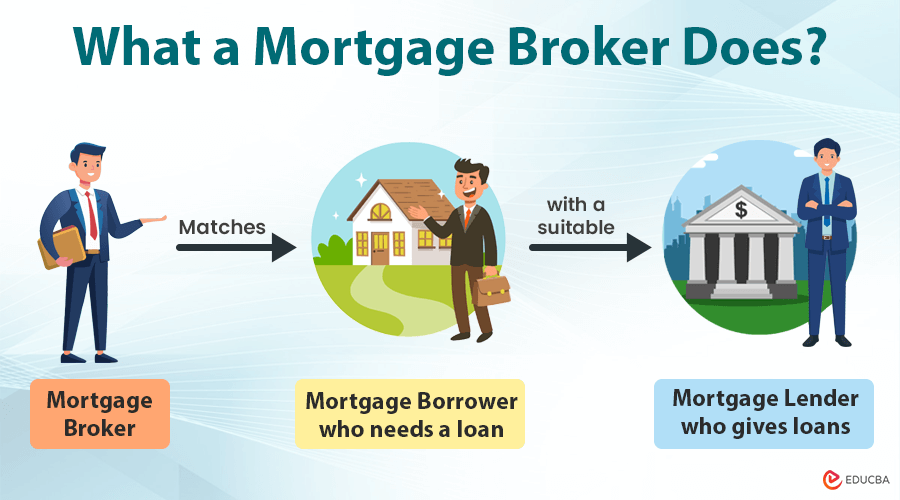Jumbo Loan Options: Tailored Financing for Expensive Characteristics
Jumbo Loan Options: Tailored Financing for Expensive Characteristics
Blog Article
Comprehending What a Jumbo Finance Entails and Exactly How It Differs From Conventional Loans
Navigating the complexities of jumbo car loans discloses a financing option customized for those venturing into high-value genuine estate, typically going beyond the limitations established by the Federal Real Estate Finance Agency. The substantial danger connected with jumbo lendings necessitates extra stringent certification demands, including higher credit ratings and considerable down settlements.
Definition of Jumbo Lendings
Jumbo lendings are a type of home loan that exceed the adapting loan restrictions set by the Federal Real Estate Money Company (FHFA) These car loans deal with borrowers who require to fund properties that are more pricey than what traditional lending limits permit. The FHFA establishes yearly adapting finance limits, and any financing going beyond these limits is categorized as a jumbo finance.
Typically, jumbo fundings are utilized in high-cost realty markets where home rates considerably exceed national standards, such as in cities or high-end real estate sectors. As these fundings are not eligible for purchase by Fannie Mae or Freddie Mac, they bring fundamental threats for lending institutions as a result of their larger dimension and non-conformity (jumbo loan). Lending institutions frequently impose much more rigid certification requirements for big loans than conventional adapting financings.
Borrowers looking for big lendings must typically demonstrate a strong economic account, including a higher credit report, durable earnings confirmation, and considerable down repayment, commonly 20% or even more. Furthermore, loan providers may need extra considerable paperwork to evaluate the borrower's capability to take care of bigger month-to-month settlements. Comprehending the specific characteristics of jumbo car loans is critical for potential consumers navigating this sector of the mortgage market.
Conventional Loans Overview
While big financings provide to high-value home funding, conventional financings stand for the even more common home loan choice in the housing market. These lendings are not guaranteed or assured by any kind of government entity, such as the Federal Real Estate Administration (FHA) or the Division of Veterans Matters (VA) Rather, they are backed by exclusive lenders and follow guidelines set by government-sponsored ventures (GSEs) like Fannie Mae and Freddie Mac.
Standard fundings are generally offered with repaired or adjustable interest prices and vary in terms of period, commonly extending 15 to thirty years. Customers commonly prefer traditional loans for their foreseeable regular monthly settlements, which can promote lasting economic preparation. Additionally, they are readily available for key residences, 2nd homes, and investment properties, supplying flexibility to fulfill diverse consumer requirements.

Key Differences In Between Fundings
At the center of this decision-making procedure are big finances and traditional car loans, each possessing distinctive characteristics and offering various borrower needs. Big financings exceed the adapting financing limitations established by the Federal Housing Financing Firm (FHFA), which vary by region.

Furthermore, the down repayment demands can differ significantly. Big fundings generally require bigger down payments, occasionally exceeding 20%, to alleviate threat. Standard finances, alternatively, might permit lower down repayments, with some programs approving just 3% for qualified buyers.
Credentials Requirements
Protecting a jumbo finance includes fulfilling extra rigorous credentials requirements compared to conventional lendings, reflecting the increased danger to lenders. These financings, which exceed the adhering funding restrictions established by the Federal Real Estate Money Agency (FHFA), are not qualified for purchase by Freddie Mac or Fannie Mae, consequently subjecting lending institutions to better monetary threat - jumbo loan. Therefore, borrowers should demonstrate a high creditworthiness and financial security
A robust credit report, normally 700 or greater, is crucial for approval. Lenders additionally expect a reduced debt-to-income (DTI) ratio, usually not going beyond 43%, guaranteeing that customers can handle substantial monthly settlements alongside other financial commitments. Moreover, a significant cash money book is typically called for, frequently amounting to six months of home mortgage repayments, to reassure lenders of the borrower's useful reference economic strength.
Down payment assumptions are also elevated, often starting at 20% or even more of the residential property's value. While this is a protect for lenders, it requires substantial ahead of time capital from consumers.
Selecting the Right Finance
When choosing the most suitable lending choice,Browsing the complexity of big finances requires careful factor to consider. With the wider variety of choices offered to those looking for big loans, the decision-making procedure should involve a detailed analysis of one's financial profile and long-lasting goals. Unlike traditional car loans, big loans usually include more stringent needs and differed rates of interest, which necessitate comprehensive research study and a clear understanding of one's financial standing.
When picking between different jumbo car loan offerings, it is necessary to evaluate the lending terms, including rates of interest, settlement timetables, and connected charges. Borrowers need to compare the prices supplied by different lending institutions to ensure they secure one of the most beneficial terms. Additionally, comprehending the implications of taken care of versus variable-rate mortgages (ARMs) is essential, as each option provides unique benefits and risks depending upon market problems and individual monetary strategies.
Involving with an economic consultant or home loan broker can offer useful insights customized to specific circumstances. These specialists can aid in browsing the subtleties of jumbo lendings, guaranteeing that borrowers are educated and equipped to select a loan that lines up with their economic goals, eventually assisting in a smoother home-buying procedure.
Conclusion
In recap, big fundings function as an economic instrument for getting high-value properties, necessitating rigid qualification demands and higher rates you can find out more of interest as a result of the elevated threat for lenders. Unlike traditional fundings, which satisfy FHFA limits and might receive support from Fannie Mae or Freddie Mac, jumbo finances call for a minimum credit rating of 700 and substantial deposits. Comprehending these differences is vital for debtors in high-cost property markets to identify one of the most ideal car loan alternative for their needs.
The FHFA develops yearly adjusting financing restrictions, and any kind of funding going beyond these thresholds is categorized as a big lending.
At the leading edge of this decision-making process are big lendings and standard finances, each possessing distinct qualities and offering different borrower needs.Safeguarding a jumbo funding entails satisfying much more rigid qualification demands contrasted to traditional car loans, showing the enhanced threat to lenders. Unlike conventional lendings, big fundings frequently come Recommended Site with more stringent requirements and differed interest rates, which necessitate thorough research and a clear understanding of one's economic standing.
Unlike conventional fundings, which conform to FHFA limitations and might obtain backing from Fannie Mae or Freddie Mac, jumbo financings require a minimal credit report rating of 700 and substantial down repayments.
Report this page